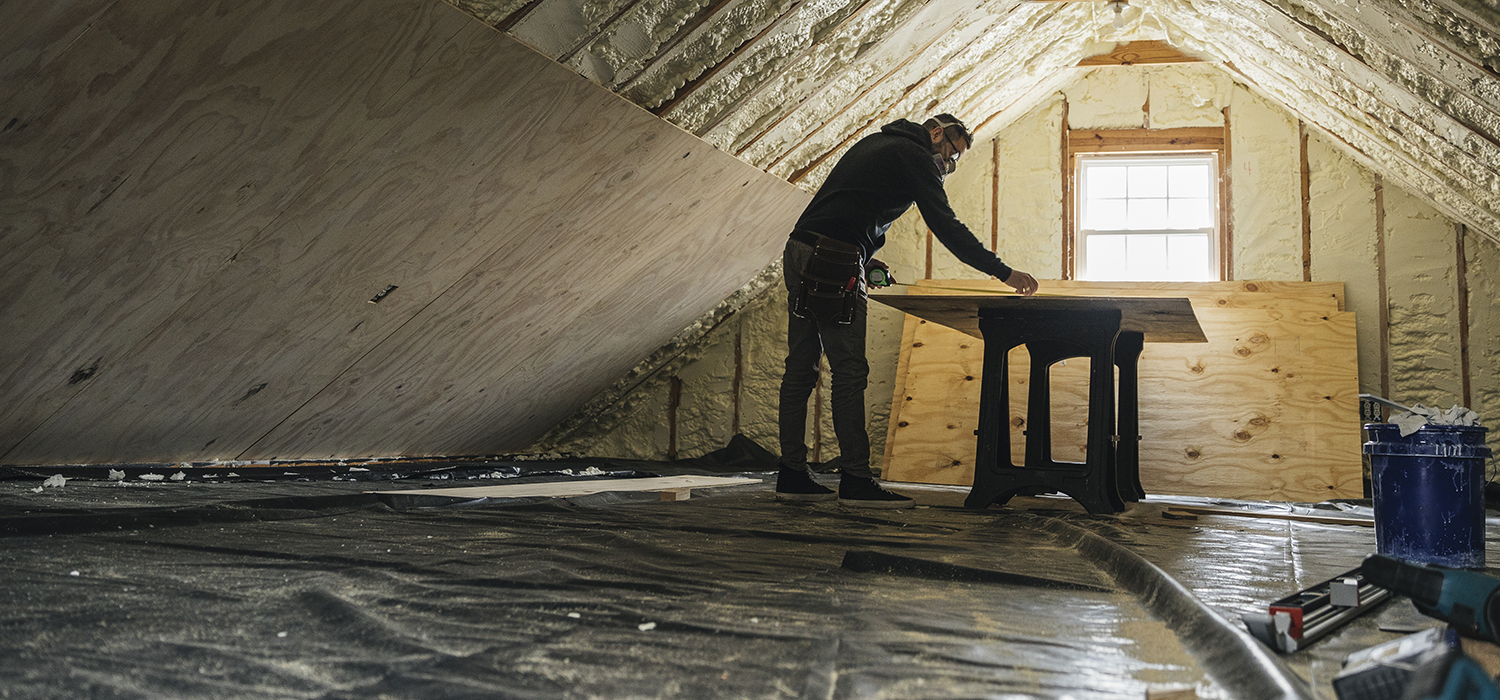In the world of homeownership, the choice between modular and manufactured homes is a significant decision. Each option has its own unique characteristics and advantages. In this article, we will explore the key differences between these two housing alternatives, shedding light on what makes them distinct and helping you make an informed decision.
Understanding Modular Homes
What is a Modular Home?
Modular homes are constructed in sections or modules in a factory setting and then transported to the building site. These modules are then assembled on a foundation to create a complete home. Unlike traditional stick-built homes, modular homes are built indoors, which ensures higher precision and quality control during construction.
The Construction Process
The construction of a modular home involves the following steps:
- Design and planning
- Factory assembly of modules
- Transportation to the building site
- Final assembly and finishing touches
Benefits of Modular Homes
Modular homes offer several advantages, including:
- Faster construction time
- High energy efficiency
- Quality control in a controlled environment
- Customization options
- Cost-effectiveness
Exploring Manufactured Homes
What is a Manufactured Home?
Manufactured homes, also known as mobile homes, are built entirely in a factory and then transported to the desired location. These homes are not placed on a permanent foundation, making them easily movable.
The Construction Process
The construction process for manufactured homes involves:
- Building the entire structure in a factory
- Transportation to the chosen site
- Installation on a non-permanent foundation
Benefits of Manufactured Homes
Manufactured homes come with their own set of advantages, including:
- Affordability
- Mobility
- Quick installation
- Wide variety of designs and sizes
- Compliance with federal HUD codes
Key Differences Between Modular and Manufactured Homes
Building Codes and Regulations
Modular homes are built to meet the local building codes and regulations of the specific area where they will be placed. This ensures that they are in compliance with regional requirements for construction and safety. Manufactured homes, on the other hand, need to adhere to federal HUD codes, which are less stringent compared to local building codes.
Mobility
One of the most significant differences is mobility. Manufactured homes are designed to be moved and are not placed on permanent foundations. Modular homes are meant to be permanently attached to a foundation, making them less mobile.
Customization
Modular homes offer more customization options, allowing homeowners to design their dream homes with various floor plans and finishes. Manufactured homes may have some customization options but are generally limited in design choices.
Investment Value
Modular homes tend to appreciate in value over time, similar to traditional stick-built homes, making them a solid investment. Manufactured homes may depreciate in value over time, which can affect their long-term financial worth.
How to Choose Between Modular and Manufactured Homes
The choice between modular and manufactured homes depends on your specific needs and preferences. Consider factors like your budget, location, long-term plans, and customization desires. It’s essential to research and compare both options thoroughly before making a decision.
Conclusion
In the world of housing, modular and manufactured homes provide unique alternatives with their own advantages and limitations. Understanding the differences between them is crucial to making an informed choice that aligns with your housing needs and long-term goals.
FAQs
- Are modular homes more expensive than manufactured homes?
- Modular homes are typically more expensive due to higher-quality construction and customization options.
- Can I move a modular home after it’s been installed?
- Modular homes are designed to be permanently placed on a foundation and are not easily moved.
- Do manufactured homes meet building codes?
- Manufactured homes comply with federal HUD codes, but they may not meet local building codes.
- Which type of home is more energy-efficient?
- Modular homes are generally more energy-efficient due to the controlled construction environment.
- Do modular homes hold their value like traditional homes?
- Yes, modular homes tend to appreciate in value over time, similar to traditional homes.




